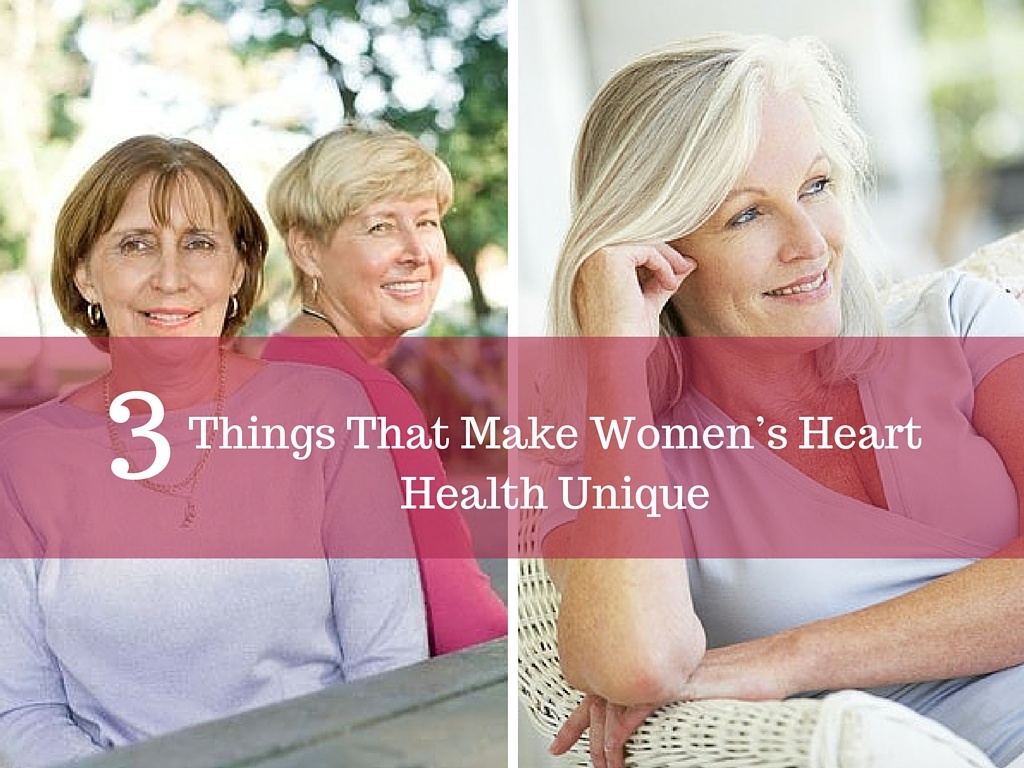
Heart disease is the leading killer of women in the United States, claiming more lives each year than all types of cancer combined. Statistics show:
- About 90 percent of women have at least one risk factor for heart disease.
- About 43 million women have heart disease.
- The risk of dying from heart disease is about 10 times that of dying from breast cancer (1 in 3 compared to 1 in 31).
- Perhaps most alarmingly, each year since 1984, heart disease-related deaths have claimed more women's lives than men's.
Yet for years, heart disease and heart attacks were thought to be primarily a men's health issue; little time was dedicated toward better clinical understanding of the disease's implications for women.
How did the risk of heart disease come to be so misunderstood within the medical community? A lot of it has to do with the fact that heart disease can occur in markedly different ways in women compared to men. For instance, here are just three of the most startling differences between men and women when it comes to heart disease:
- Women are more likely than men to have two less-understood types of disease: coronary microvascular disease (MVD), which causes sticky plaques to build up in the arteries of the heart itself rather than the coronary artery, and “broken heart syndrome” or stress-induced cardiomyopathy—a type of heart disease which, as its name implies, is closely related to stress and stress-related events. Researchers are just beginning to learn more about broken heart syndrome and the very real way stressful events can affect women's heart muscles and the electrical activity of the heart.
- While men having a heart attack tend to experience the traditional pain and pressure in the chest and radiating down the left arm, the heart attack experience can be far different in women, which means warning signs are far more likely to be ignored. Some women have little or no chest pain, often experiencing much more subtle signs such as pain in neck, jaw or upper back, profuse sweating, nausea, dizziness, unusual tiredness, pain in the right arm, and shortness of breath.
- High blood pressure, high cholesterol and obesity are heart disease risk factors for both men and women, but for women, other risk factors can also play a leading—and sometimes more influential—role: low levels of estrogen following menopause or fluctuating levels during perimenopause, metabolic syndrome, diabetes. Stress also tends to be a more significant risk factor for women, as compared to men, and even smoking tends to increase the risk for cardiovascular disease more substantially in women than in their male counterparts. As a group, women also tend to be less physically active than men, also raising their risk for developing heart disease and having heart attacks.
With more research dollars devoted to understanding heart disease and cardiovascular health in women, the result has been an overall increase in awareness among both senior health care practitioners and female patients of the warning signs of heart disease and heart attack as well as the need for more proactive screening. Heart disease, however, isn't the only cardiovascular issue women need to be concerned about.
Stroke is another senior health care issue more strongly associated with men, but like heart disease, stroke also poses major risks for women—in fact, it's the third leading cause of death for women in the U.S. Age. If you haven't been screened or tested recently, you need to make an appointment as soon as possible. Screening is the best way to understand your risks for cardiovascular disease so you can take the important, proactive steps to help reduce them.












